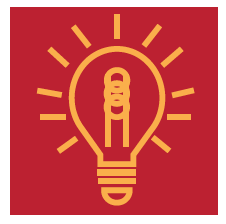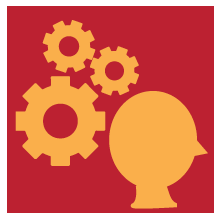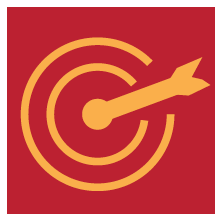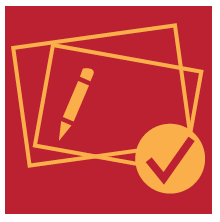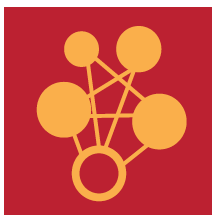This guide is designed to help you navigate the employment process as an engineering student! Whether you are looking for your first internship or an entry-level job, these materials will assist you in securing employment.
Please know that the typical employment process takes time, and we encourage you to begin during your first semester. One of the primary reasons that graduates struggle with finding employment after graduation is that they did not give the required attention to the employment process during their college career.
Our team is here to support you with your job search. Please contact us if you have any questions or would like assistance getting started!
Transition to Engineering Prep Resource in Canvas
In an effort to consolidate our resources into one central location we have merged the Guide to Employment on our website with our Engineering Prep Resource on Canvas. We still currently have condensed information on each topic on our website, but will be transitioning all of this information over during the 2023-2024 school year. The Prep Resource in Canvas is currently only available to current College of Engineering Students. If you are an Alumni please email us at ecs@iastate.edu and we would be more than happy to provide any resources and information we can.

